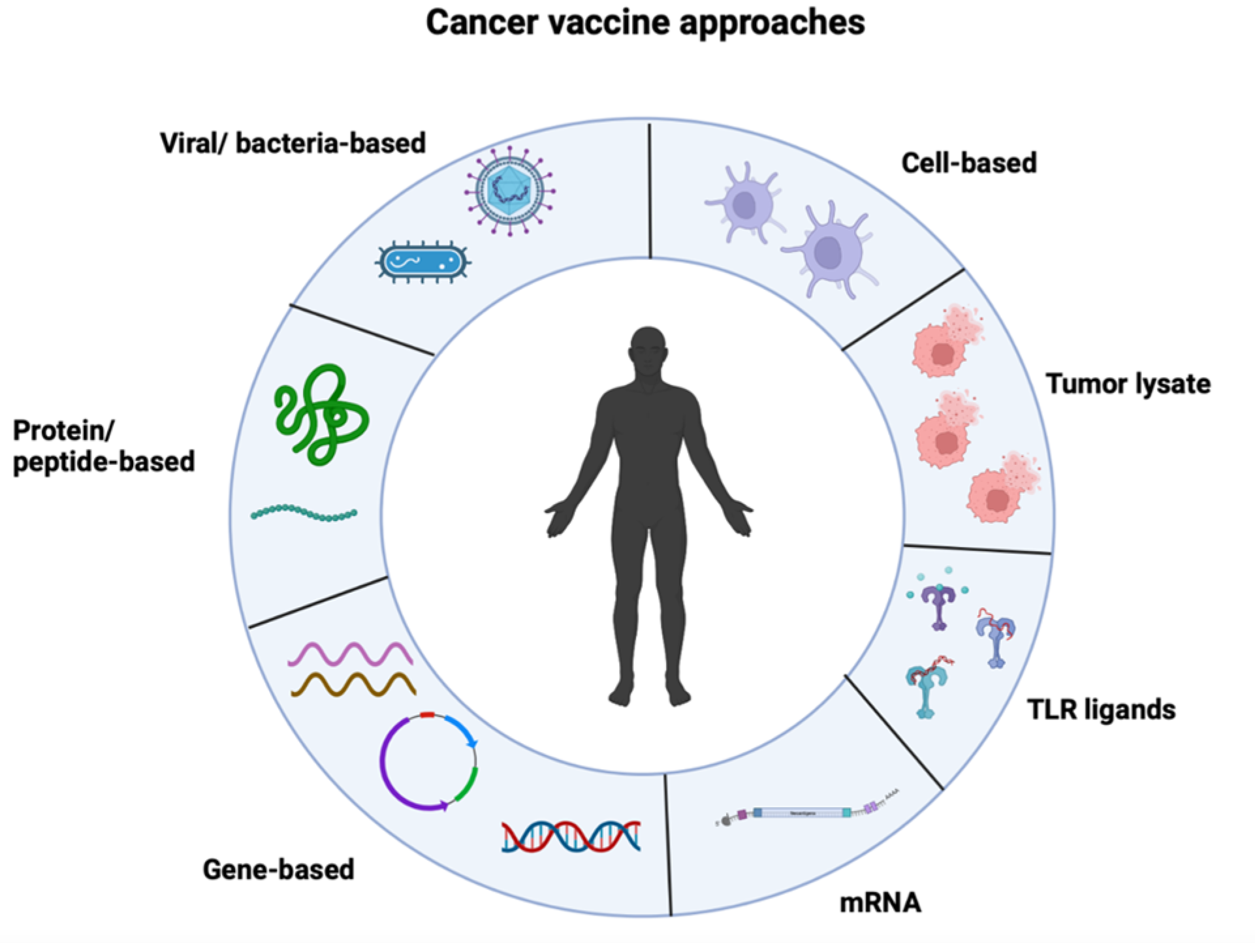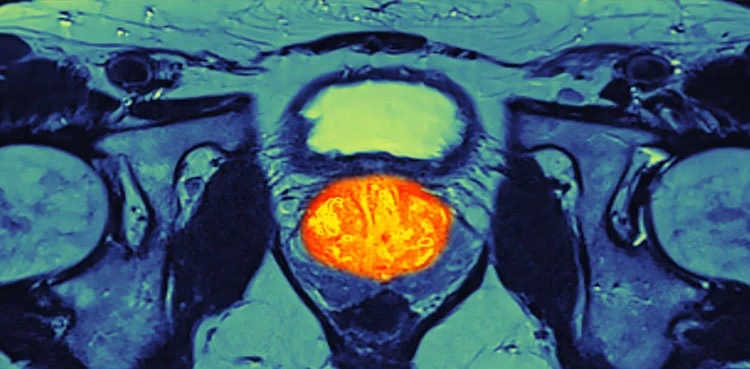In a groundbreaking development, a new mRNA cancer vaccine has demonstrated the ability to reprogram the immune system to target tumors within an astonishing 48-hour timeframe, according to a recent study.
The inaugural human clinical trial involving four adult patients showcased the vaccine’s efficacy in combating aggressive and often fatal brain tumors. Leveraging technology akin to some Covid vaccines, this innovative approach is personalized to each patient, utilizing their own DNA.
Dr. Elias Sayour, from the University of Florida, expressed optimism about the vaccine’s potential to revolutionize cancer treatment, describing it as a novel platform technology for immune system modulation. He anticipates its integration with existing immunotherapies, envisioning a synergistic combination approach.
mRNA vaccines, such as those developed by Pfizer and Moderna for Covid-19, gained prominence during the pandemic. Now, researchers are harnessing this technology to combat various diseases. These vaccines function by providing genetic instructions to the body’s immune system, prompting increased production of immune cells capable of targeting and destroying tumors.
Building upon prior success in mice models, the latest study, published in Cell, focused on glioblastomas within a human clinical trial setting. Over seven years of research, including preclinical mouse models and a clinical trial involving ten pet dogs with terminal brain cancer, demonstrated the vaccine’s efficacy and potential for treating the disease.
Although it’s still early in the trial to gauge the vaccine’s full clinical impact, preliminary results indicate promising outcomes. Patients either experienced extended periods free from disease progression or surpassed expected survival rates.
This significant advancement underscores the transformative potential of mRNA vaccines in cancer therapy, offering hope for improved outcomes and novel treatment strategies in the fight against this devastating disease. Further research and clinical trials are underway to unlock the full therapeutic potential of this innovative approach.



